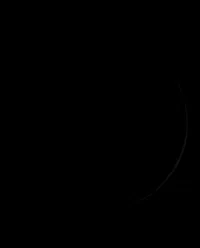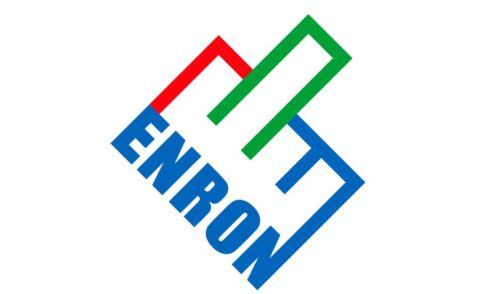Here’s the buried lede in a story about North Korea gaming America’s famously bulletproof gun regulations to bypass sanctions:
[The foreign student named Wen who overstayed his visa, just like Elon Musk did,] purchased a firearms business in Houston with money from a North Korean contact, and drove the weapons from Texas to California, where they were arranged to be shipped. Last September, Wen bought around 60,000 rounds of 9mm ammunition with plans to ship them to North Korea.
Houston, come in. Do you copy?
Because apparently Houston does NOT copy. In fact, Houston seems to have missed the memo entirely about maybe—just maybe—doing a background check before selling someone a whole firearms business.
Let me get this straight: A foreign student on an expired visa walks into Texas, buys a gun store with money from one of America’s top geopolitical enemies, loads up 60,000 rounds of ammunition, and drives it all to California for international shipping to a nuclear-armed dictatorship. And the only thing that stopped this operation was… well, it’s unclear anything actually did stop it initially.
What’s next, Tesla relocates their infamously racist and dangerous factories to Texas?
This reads like a satirical screenplay that got rejected for being too unrealistic. “Nobody would believe Texas laws are THIS lax,” the studio executives would say, tossing the script in the trash.
But here we are, living in a world where “foreign agent arms dealer” is apparently just another small business opportunity in the great lone state of Texas. No questions asked, no background checks that actually work, just good old-fashioned Chinese entrepreneurship—with a light sprinkling of international weapons trafficking to keep things interesting.
The only thing more predictable than this happening is the inevitable response: “Clearly we need fewer regulations to prevent this failure to regulate.”
Houston, we have a problem. And that problem is that Houston doesn’t seem to think it has a problem.


